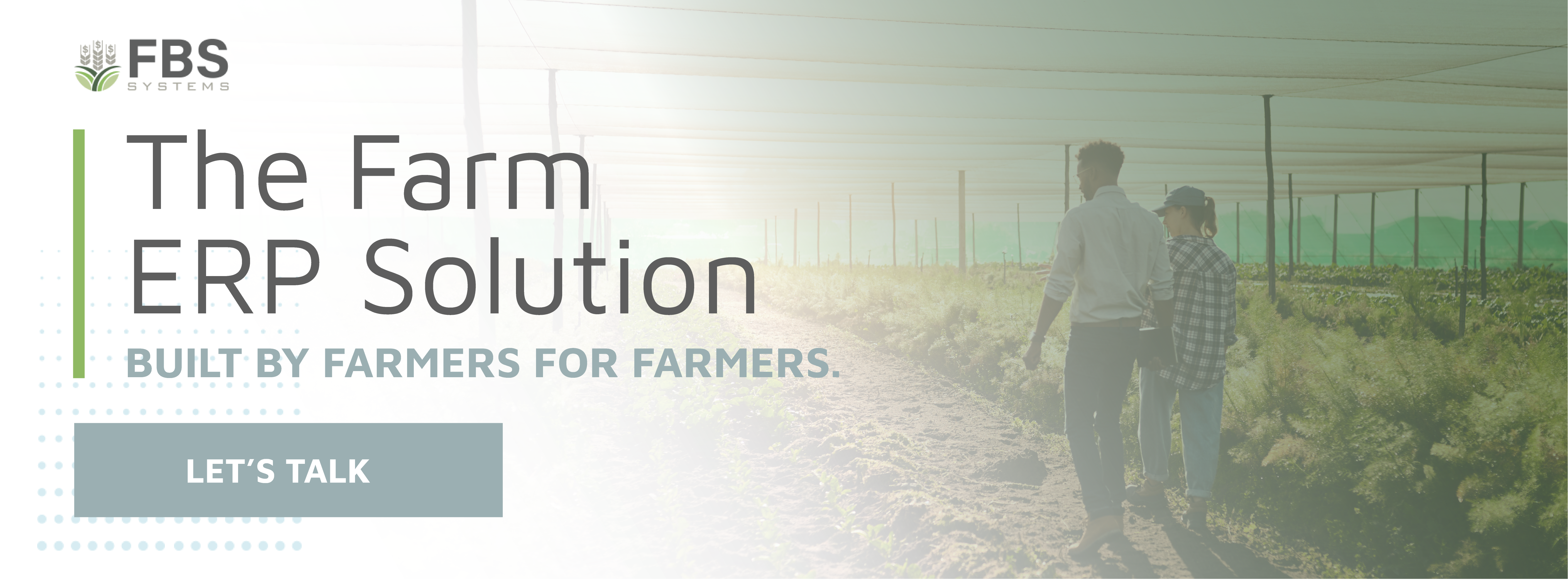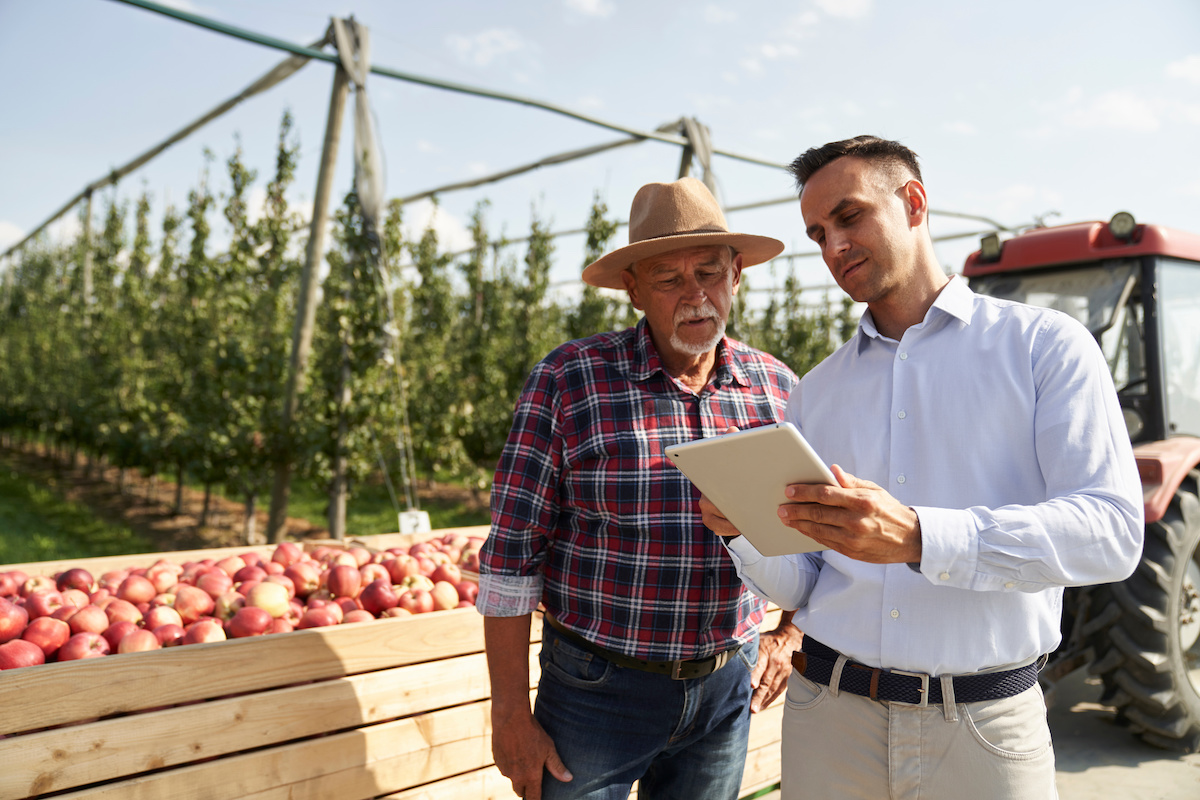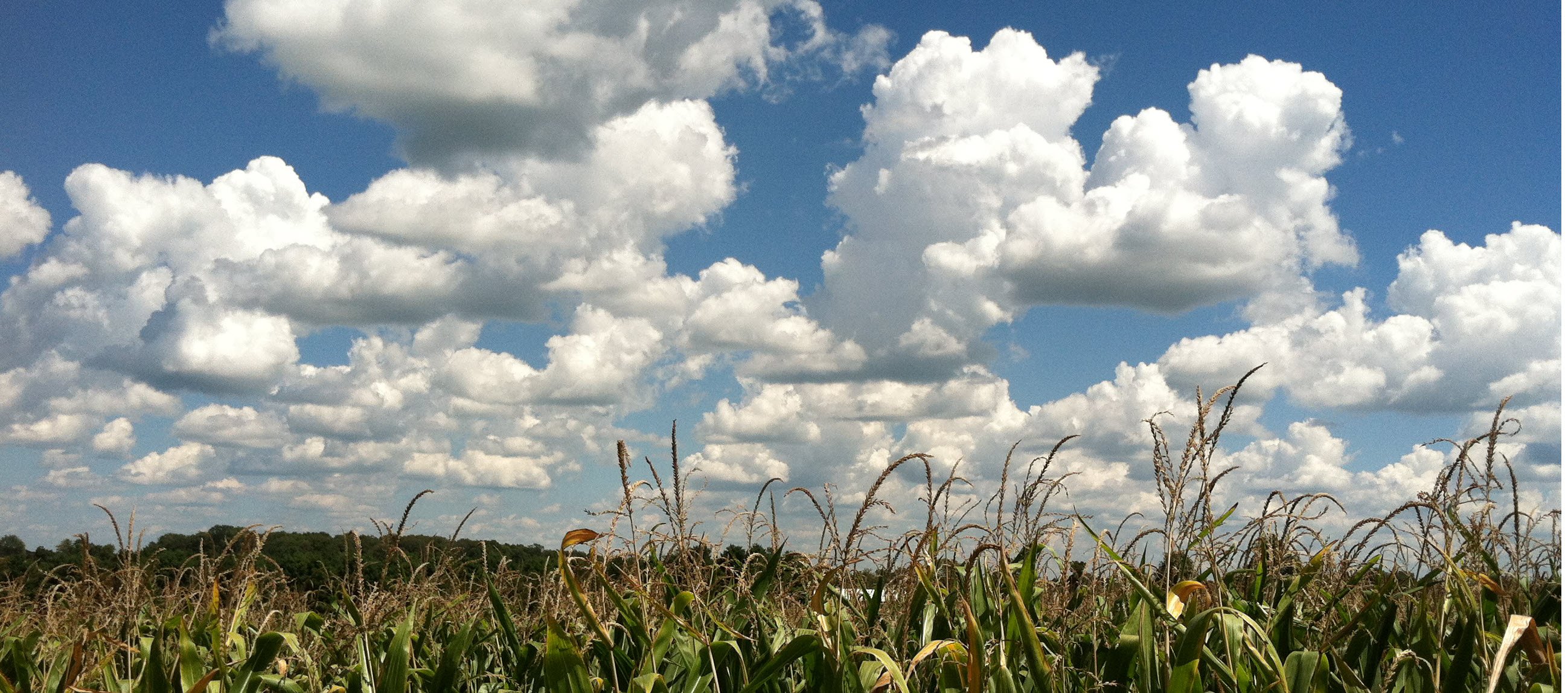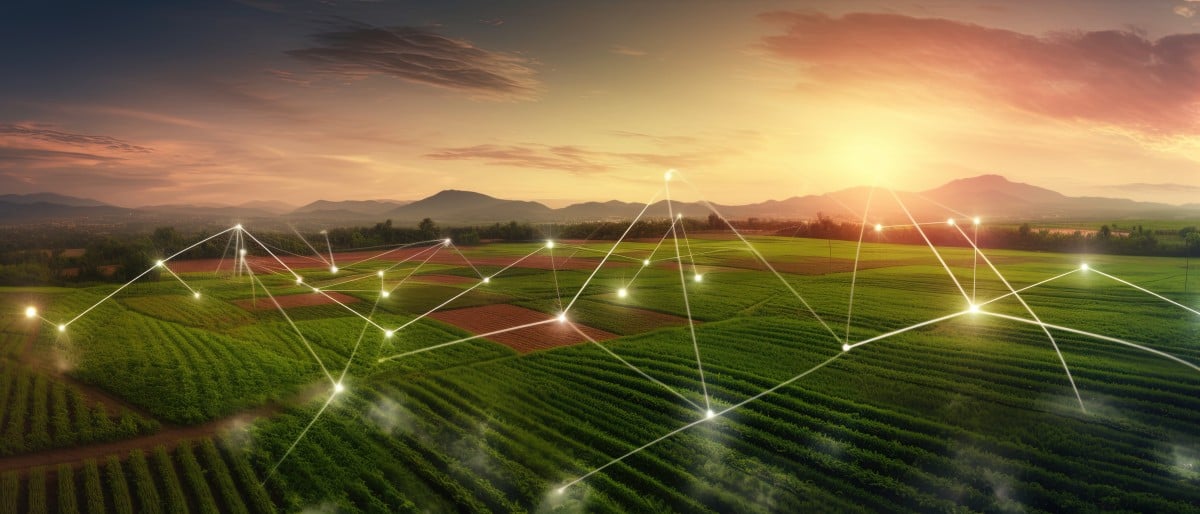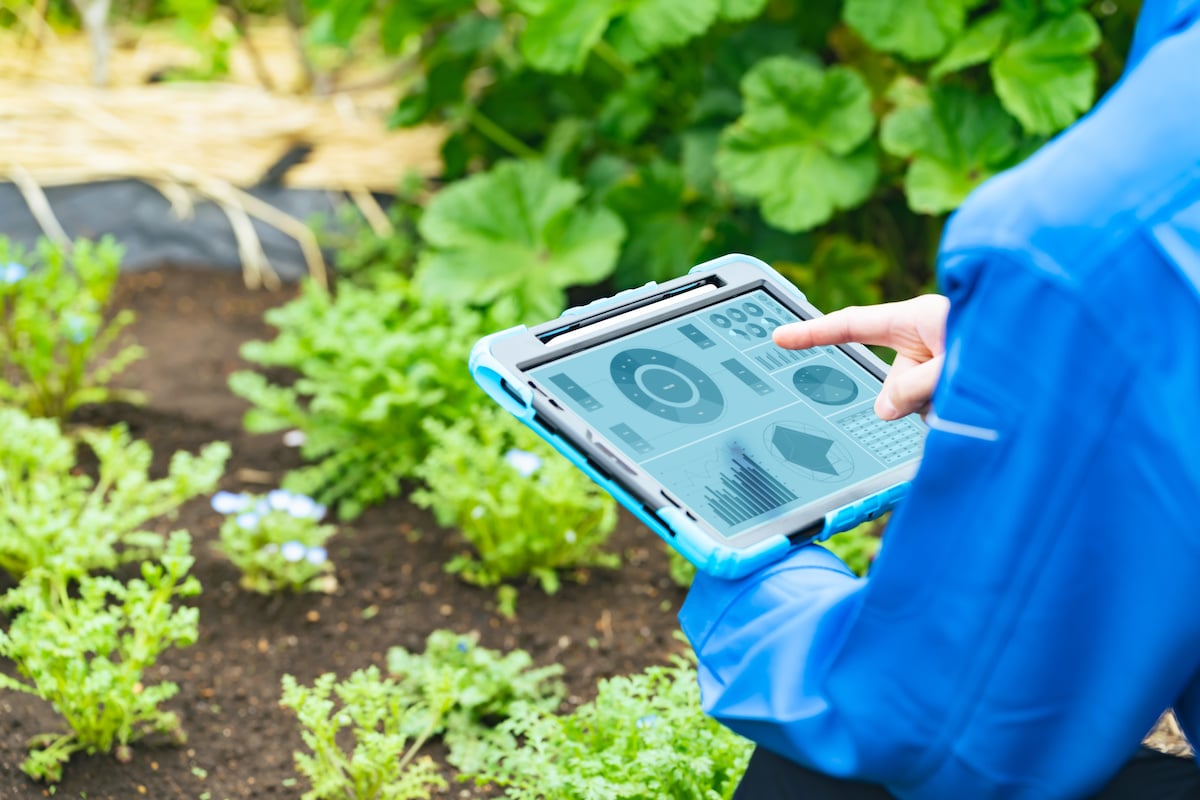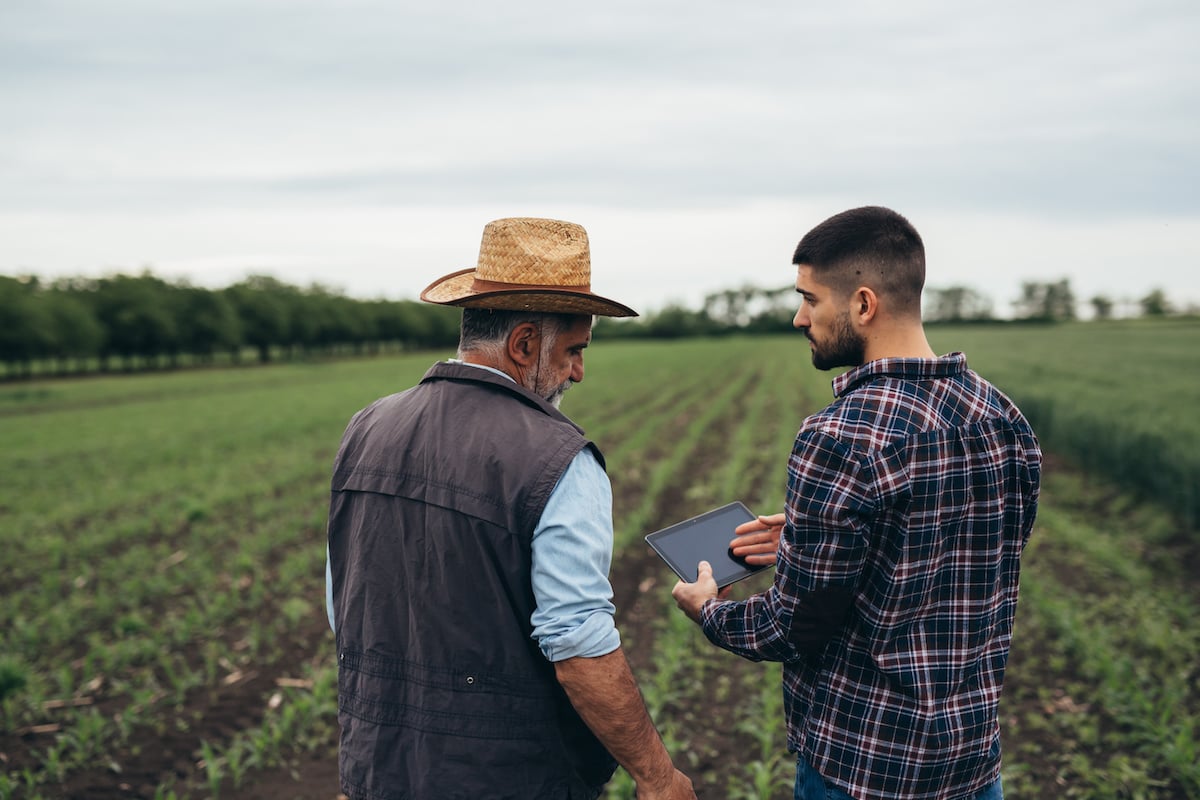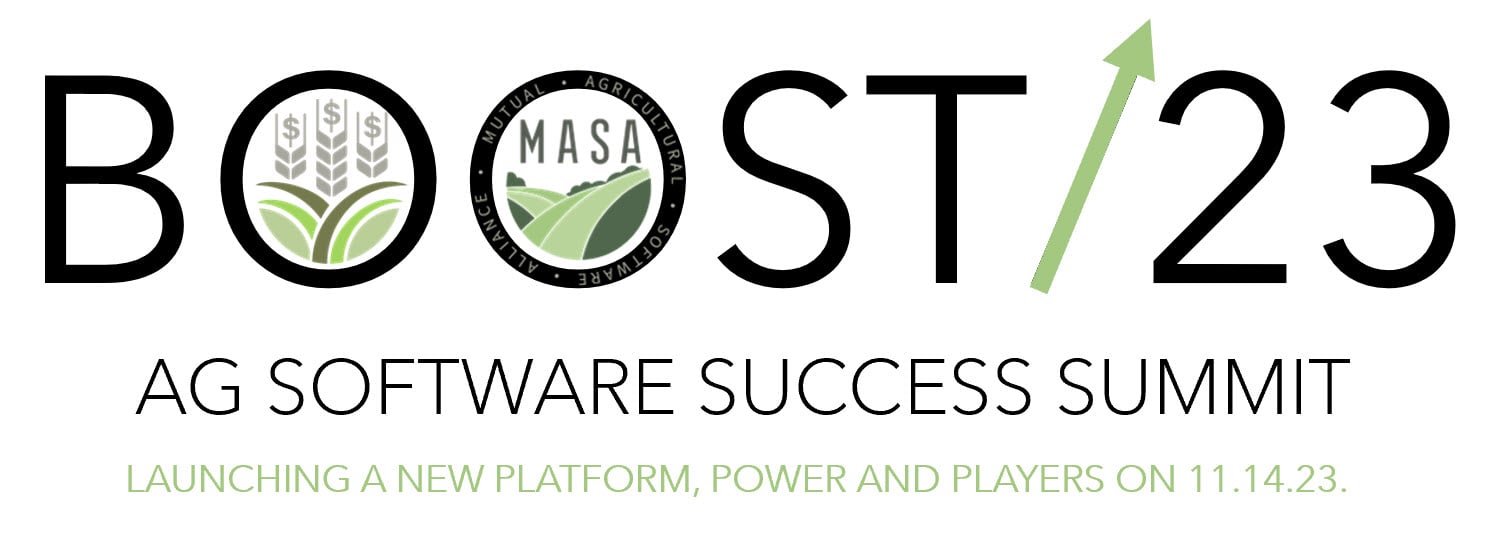Farm management covers a broad scope of factors. From inventory management to long-term production cycles, having the right tools in place for farmers, farm managers, and agricultural accountants helps keep things running smoothly. Of course, management accounting is helpful for organization, but leveraging ERP software to complement advanced agricultural accounting strategies is an excellent way to help minimize expenses and maximize profits.
Quick Links
- What is Management Accounting?
- Who Can Use Management Accounting?
- Understanding Production Flow in Management Accounting
- How Farm Management Accounting Can Help You Grow
- How Farm ERP Software Supports Farm Management Accounting
What is Management Accounting?
To ensure that farms are optimized and profitable, management accounting practices are essential for accurate and reliable day-to-day operations. Management accounting is the use of relevant financial data to advise an organization throughout their business operations.
The Basics
To improve your overall agricultural management system, let’s break down some basics within management accounting for farm production.
- Cash Accounting: In the agricultural industry, keeping track of revenue and expenses isn’t simple. Most farmers report income on the same day that money comes in, known as cash accounting. Other business standards use an accrual basis, meaning revenue is only recorded when it’s earned, and not when it’s received by the business. In the agricultural industry, cash accounting is used for tax filing purposes while accrual accounting is needed for accurate financial statements.
- Measurements: For farmers, costs associated with production aren't always black and white. Instead, there are several pillars to be considered with farm operations. Evaluating production based on the appropriate unit (such as animals, acres, weight, or bushels) will help streamline management accounting practices. Further, the need for dual measurements can, but should not, complicate your accounting processes.
- Value: Instead of selling items at a price dependent upon the cost of acquiring it, crops range in value depending on the market. As demand changes, so does the cost of production and, therefore, the value at which consumers or wholesale markets will purchase goods from farms.
- Cost Center: Individual departments on your farm or ranch that do not generate direct revenue are considered to be cost centers. The primary goal of cost centers is to create long-term plans that will, ultimately, reduce costs. Examples of cost centers in agriculture include machinery and resources needed for crop production.
- Profit Center: The areas of an organization that directly generate profits and revenue are profit centers. The profit center is critical to execute management strategies and achieve profit goals by minimizing costs and maximizing profits. Many farmers have several profit centers that are all managed within the same accounting system.
Who Can Use Management Accounting?

To learn more about management accounting systems, the Farm Financial Standards Council surveyed a number of software companies about the implementation of these systems. Included in this data was information about who can benefit from management accounting. It’s worth noting that early adopters of these practices had a few things in common, including:
- A strong focus on management
- Well-defined management segments and specialized responsibilities
- A tendency to be “splitters” rather than “lumpers”
- Familiarity with management accounting.
- Requirements for monthly or quarterly financial reports
- Reached a plateau due to the limitations of the traditional “adjusted accrual” approach and/or “generic” accounting packages not tailored to agricultural needs.
- Larger operations (more than $2 million in sales) being logical (but not exclusive) candidates
Who Shouldn't Use Management Accounting
Though management accounting is incredibly useful for farmers, it’s not going to be the best fit for everyone. Accounting requires heavy structure and regular practices. If you are the kind of person who doesn’t place high value on management information, then it might not be right for you. It could be beneficial to forgo management accounting if:
- You place a low priority and value on management information
- You don’t like structure and accounting standards
- You’re not going to use the knowledge to make decisions
- You’re impatient (everyone agrees the “end result” requires at least two year since each season/production cycle takes time, requiring adjustments and refinements)
Understanding Production Flow in Management Accounting
Agricultural accounting differs from the accounting practices of many other businesses due to the unique production cycles associated with farming. While regular management of production and revenue follows a linear path, farms are not able to align on a single track.
Farm production cycles often overlap. When one crop is planted, another is being harvested, and by the time the first crop is harvested, the second is being sold. This process doesn’t necessarily follow a calendar year. For tax purposes, this creates complications for tracking revenue and expenses.
Tracking profit centers can help evaluate cost and revenues across various sectors on farms. Proper management of these sectors can inform farmers of the status of each production flow and measure the performance in relation to the essential functions of the business. Using production flow information, management accounting will keep track of the flow of resources from the moment operations begin until the finished product is sold.
How Farm Management Accounting Can Help You Grow

Without effective organization tactics, the success of a farm can quickly diminish. With so many factors to keep track of, management accounting systems are vital to keep productivity and profit goals on track.
- Simplified Data Entry: Rather than attempting to split every indirect invoice between final products, users simply drop those expenses into a limited number of cost center "buckets," which are later allocated to products using "cost drivers."
- Continuous Improvement: Although it usually requires two years to fully utilize management accounting due to agriculture's long production cycles, many users find that the journey is just as beneficial as the destination. By regularly monitoring and tweaking allocations in the starting phase, farmers can gain a better understanding and control of the interim internal processes even as they wait for the big picture to come into focus.
- Production Capacity: Management accounting can do much more than simply determine historical product costs. All operations are organized around recurring cost center "activities" (planting, spraying, feed preparation, trucking, shop, etc.) rather than products. Knowing your internal cost of performing an activity will allow you to perform cost control at a measurable and manageable level while optimizing levels of production to match cost center capacity.
How Farm ERP Software Supports Farm Management Accounting
Farms and ranches typically have more than just one area of focus. An organized back office will connect financial and field data to ensure that your operations are successful. With enterprise resource planning (ERP) software, your farm will be streamlined to enhance performance at all levels of management. Farm ERP systems replace systems that once required manual entries and far too many spreadsheets. In contrast, farm managers are now able to oversee several processes at once.
Agricultural technology is an innovative way to manage farm production cycles across all associated fields. Using Farm ERP systems, management accounting covers all areas of production, including supply chain management, human resources, and crop production to name a few.
With a holistic approach to farm production and transparency across finances and logistics, ERP systems become a centralized location for all workflow processes. Farm management accounting requires special attention to several processes working cross functionally, and normal management systems just can’t cut it. Integrating ERP software from FBS Systems into your management accounting practice is the best step to take for reduced expenses and maximized productivity on your farm.
To learn more about how ERP software can work for you, get in touch with an FBS team member today!


